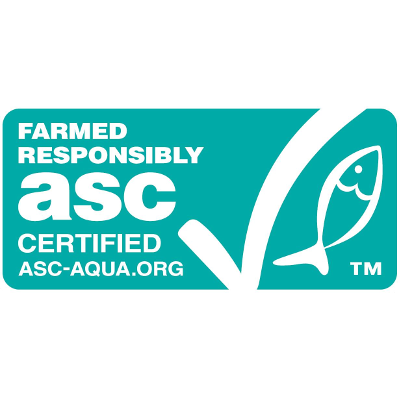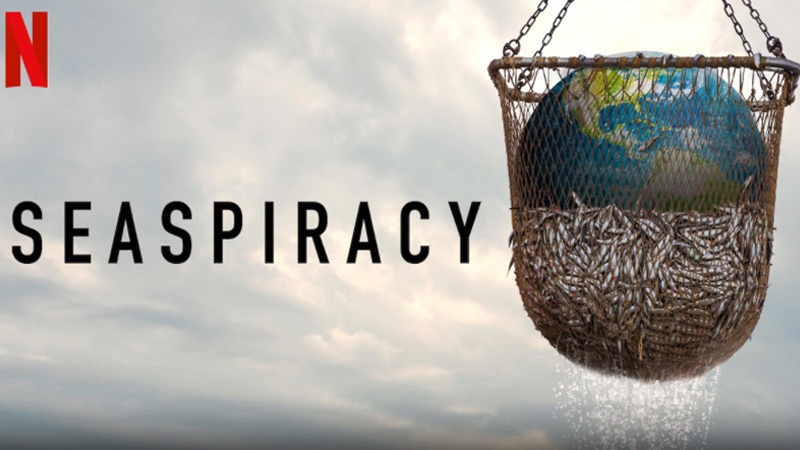Seaspiracy is the Netflix original documentary that everyone is talking about. It exposes the dangerous, deadly and devastating impact the commercial fishing industry has on marine life.
Film-maker and director Ali Tabrizi headed the team that investigated the hidden world of the commercial fishing industry. The team consisted of members involved in another fascinating and shocking documentary ‘Cowspiracy’, which revealed the menacing nature of the meat industry.
The documentary travelled across many countries with countless refusals of interviews and a consistent menacing feeling that Ali was in danger. With many participants choosing to remain anonymous the true power of the commercial fishing industry was revealed, and the threat to life that emerges as a result of speaking out.
Although the entire documentary did feel very dramatised to keep the audience engaged, the contents within still was eye opening.
The fishing industry and our oceans have few spokespeople and the severe impact humans are having upon it has never been brought to the forefront of people’s thoughts. Shocking scenes are filmed such as those in Southern Japan involving the slaughter of dolphins, conducted to prevent the dolphins eating too many fish in order for companies to continue their ecological destruction.
With human impact on marine ecosystems possibly resulting in empty oceans by 2048, ‘Seaspiracy’ is definitely a documentary to watch to broaden your mind to ecological destruction.
Although the documentary provides the content, the audience are still left wondering how they can help the oceans. Of course fully switching to a plant based diet would have the greatest impact but that can be tricky for some, so if you are purchasing fish always check the label by looking for the Marine Stewardship Council (MSC) and Aquaculture Stewardship Council (ASC). These labels trace the seafood back to sustainably managed fisheries.


Reducing the use of single use plastic is greatly beneficial, by switching to a reusable coffee cup, water bottles and plastic bags, it can decrease the pollution that is dumped into the ocean every year. With 8 million tons left in the ocean yearly if every person reduced their single use plastic, the difference would be astounding.
Travelling with a travel company that wants to protect the wildlife there and conserve it is a simple way to help. When the pandemic eases and travel is allowed again try and research into the hotel, company and area you’re staying in to check they are respectful of marine life and habitats.
A major way to assist in keeping ocean life safe is through beach cleanups. A horrendous amount of litter is discarded or washes up on the beach every year. The small act of volunteering can help prevent sea creatures becoming trapped or eating rubbish, and ultimately preserves marine life. The National Trust has a website that allows you to find a beach cleanup near you which can participate in.
